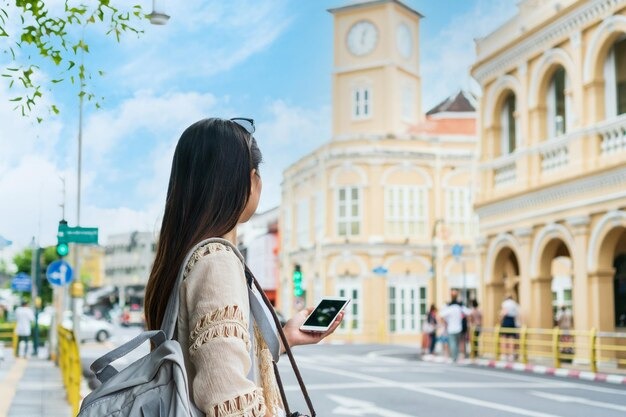Unexpected Benefits of Travel
Travel is often celebrated for its obvious perks—new sights, cultural experiences, and a break from routine. But beyond the postcard moments, there are lesser-known advantages that can profoundly impact personal growth, creativity, and even professional success. Here’s a closer look at the unexpected benefits of travel that go far beyond the itinerary.
1. Enhanced Problem-Solving Skills
Navigating unfamiliar environments forces you to think on your feet. Whether it’s deciphering a foreign transit system or negotiating a language barrier, travel presents constant micro-challenges that sharpen your adaptability. A study published in the Journal of Personality and Social Psychology found that students who studied abroad scored higher on creative problem-solving tasks than their peers. The takeaway? Immersive travel trains your brain to approach obstacles with flexibility.
Actionable Tip:
Next trip, ditch the all-inclusive resort. Opt for a destination where you’ll need to engage with local systems—public transportation, markets, or neighborhood eateries—to build real-world problem-solving muscles.
2. Improved Emotional Resilience
Missed flights, lost luggage, or unexpected closures are frustrating, but they also build emotional grit. Psychologists refer to this as “stress inoculation”—small doses of adversity that prepare you for larger setbacks. Travelers often return home with a newfound ability to stay calm under pressure, a trait that translates seamlessly to workplace challenges or personal crises.
Example:
Consider a traveler who overcomes a sudden rail strike in Italy by collaborating with strangers to arrange alternate transport. That same collaborative mindset can later defuse a tense team project at work.
3. Heightened Cultural Sensitivity
Exposure to different customs fosters empathy and reduces unconscious bias. A Harvard Business Review analysis noted that employees with international travel experience were 20% more likely to identify culturally insensitive assumptions in business proposals. This isn’t just about etiquette—it’s a competitive edge in our globalized economy.
Actionable Tip:
Before visiting a new country, research its social norms beyond the tourist basics. For instance, in Japan, presenting a business card with both hands signals respect—a nuance that could strengthen professional relationships.
4. Unexpected Career Inspiration
Distance from daily routines can spark professional epiphanies. Architects cite Gothic cathedrals as inspiration for structural designs, while tech entrepreneurs credit Tokyo’s efficiency for product ideas. Travel creates mental space to connect disparate concepts—a key driver of innovation.
Example:
A graphic designer visiting Morocco might reinterpret traditional zellige tile patterns into a bold branding palette for a client.
5. Strengthened Personal Relationships
Shared travel experiences create deeper bonds than routine interactions. Neuroscientists attribute this to “emotional synchrony”—when brains align during novel, intense experiences. Couples who travel together report higher relationship satisfaction, according to the U.S. Travel Association, while family trips build childhood memories that outlast material gifts.
Actionable Tip:
Plan a trip with a focus on collaborative activities—like a cooking class in Thailand or a hiking tour in Patagonia—to amplify connection.
6. Rediscovery of Home
Paradoxically, leaving home helps you appreciate it. Anthropologists call this the “boomerang effect”—returning with fresh eyes to notice overlooked beauty or cultural quirks. Many travelers report newfound pride in their hometowns after seeing them through a visitor’s perspective.
Example:
A New Yorker might dismiss their local bodega until a Parisian friend marvels at its convenience—prompting a reevaluation of everyday gems.
7. Long-Term Health Benefits
The wellness advantages extend beyond vacation relaxation. The Framingham Heart Study found that women who vacationed twice yearly had significantly lower heart disease risk. Meanwhile, exposure to diverse microbes during travel may strengthen immune systems, per research in Science Immunology.
Actionable Tip:
Incorporate active travel (cycling tours, trekking) to combine cardiovascular benefits with cultural immersion.
Final Thoughts
While travel brochures highlight iconic landmarks, the most transformative rewards are often intangible. From rewiring your problem-solving approach to deepening human connections, the act of journeying—not just the destination—offers lasting value. The next time you plan a trip, consider what unseen growth might accompany your adventure.



